ESG Reporting Software helps businesses track, manage, and report on environmental, social, and governance metrics to ensure compliance and demonstrate corporate responsibility.
ESG Reporting Software enables companies to gather, analyze, and report their sustainability data accurately. It streamlines data collection from different sources, ensuring reliable insights that support decision-making and compliance. Solutions may integrate with other business systems like ERP and CRM to enhance data accuracy and efficiency. Users have found that these tools improve transparency and accountability, which are critical for investor relations and regulatory compliance.
What are some critical features?In manufacturing, it helps track emissions and energy usage. In finance, it ensures investment portfolios meet ESG criteria. Retailers use it to manage supply chain sustainability. Each industry can benefit from tailored features that address specific challenges and regulatory requirements.
ESG Reporting Software assists organizations in maintaining compliance, enhancing transparency, and making informed sustainability decisions.



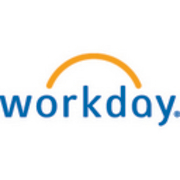








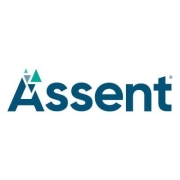








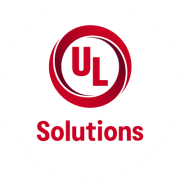

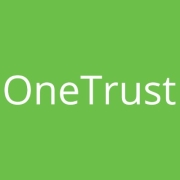


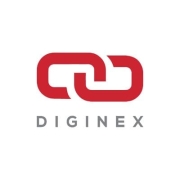









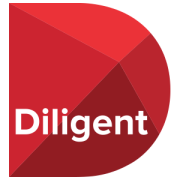








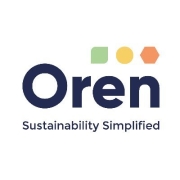
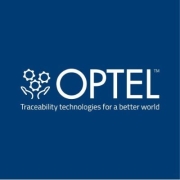
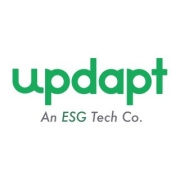
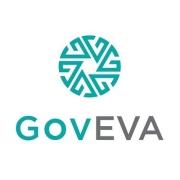



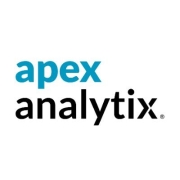



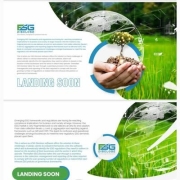





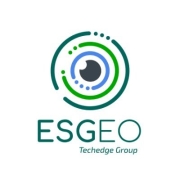












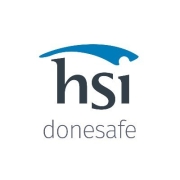
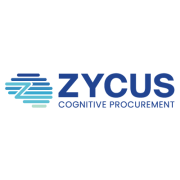

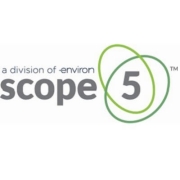


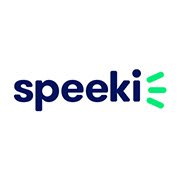













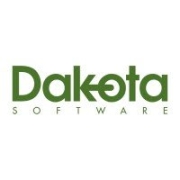
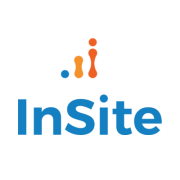



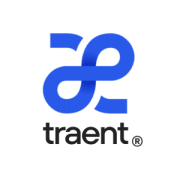





















ESG (Environmental, Social, and Governance) Reporting Software is designed to help organizations effectively manage and report on their sustainability and responsible business practices. These tools offer numerous benefits, including:
1. Streamlined Data Collection: ESG Reporting Software automates the data collection process, allowing organizations to gather relevant information from various sources in a centralized and efficient manner. This eliminates the need for manual data entry and reduces the risk of errors.
2. Enhanced Data Accuracy: By automating data collection and validation, ESG Reporting Software improves the accuracy of sustainability data. They can also perform data quality checks and identify inconsistencies or missing information, ensuring that reports are reliable and trustworthy.
3. Time and Cost Savings: ESG Reporting Software significantly reduces the time and effort required to compile sustainability reports. They automate data aggregation, analysis, and report generation, freeing up valuable resources that can be allocated to other strategic initiatives. This ultimately leads to cost savings for organizations.
4. Standardized Reporting Frameworks: ESG Reporting Software often supports widely recognized reporting frameworks such as the Global Reporting Initiative (GRI) or the Sustainability Accounting Standards Board (SASB). This ensures that organizations adhere to industry standards and enables benchmarking against peers.
5. Data Visualization and Reporting: These tools offer advanced data visualization capabilities, allowing organizations to present their sustainability performance in a visually appealing and easily understandable format. This helps stakeholders, including investors, regulators, and customers, to quickly grasp the key insights and trends.
6. Risk Identification and Mitigation: ESG Reporting Software enables organizations to identify and assess potential sustainability risks. By analyzing data and generating reports, organizations can proactively address these risks, implement mitigation strategies, and improve their overall sustainability performance.
7. Stakeholder Engagement: ESG Reporting Software facilitates effective stakeholder engagement by providing a platform for transparent and accessible reporting. Organizations can share their sustainability performance with stakeholders, respond to inquiries, and demonstrate their commitment to responsible business practices.
8. Compliance with Regulations: ESG Reporting Software helps organizations comply with evolving regulatory requirements related to sustainability reporting. They ensure that organizations stay up-to-date with changing regulations and streamline the reporting process to meet compliance obligations.
In conclusion, ESG Reporting Software offers a range of benefits, including streamlined data collection, enhanced accuracy, time and cost savings, standardized reporting frameworks, data visualization and reporting, risk identification and mitigation, stakeholder engagement, and compliance with regulations. These tools are essential for organizations seeking to effectively manage and report on their sustainability and responsible business practices.
ESG (Environmental, Social, and Governance) Reporting Software has become increasingly important for companies as stakeholders demand greater transparency and accountability in these areas. To streamline the reporting process, various tools have been developed to assist organizations in collecting, analyzing, and reporting ESG data. Here are some of the different types of ESG Reporting Software available:
1. Data Collection and Management Tools: These tools help companies collect and manage ESG data from various sources, such as internal systems, external databases, and third-party providers. They often include features like data validation, data cleansing, and data integration to ensure the accuracy and reliability of the collected information.
2. ESG Analytics and Reporting Tools: These tools enable companies to analyze and report their ESG performance. They provide functionalities like data visualization, benchmarking, and trend analysis to help organizations identify areas for improvement and track progress over time. Some tools also offer pre-built templates and frameworks to facilitate standardized reporting according to widely recognized frameworks like the Global Reporting Initiative (GRI) or the Sustainability Accounting Standards Board (SASB).
3. ESG Risk Assessment Tools: These tools help companies identify and assess potential ESG risks and opportunities. They often incorporate environmental and social impact assessments, scenario modeling, and risk mapping functionalities to help organizations understand the potential financial and reputational risks associated with their ESG performance.
4. Stakeholder Engagement Tools: These tools facilitate communication and engagement with stakeholders on ESG matters. They often include features like surveys, feedback mechanisms, and collaboration platforms to gather input from stakeholders, address their concerns, and demonstrate the company's commitment to ESG issues.
5. ESG Disclosure and Reporting Platforms: These platforms provide a centralized hub for companies to manage their ESG reporting process. They often include features like workflow management, document storage, and automated reporting to streamline the preparation and submission of ESG reports to regulatory bodies, investors, and other stakeholders.
6. ESG Data Providers: While not strictly software, ESG data providers play a crucial role in the ESG reporting ecosystem. These providers collect, analyze, and aggregate ESG data from various sources and offer it to companies through their platforms or APIs. Companies can then integrate this data into their own reporting systems or use it to benchmark their performance against industry peers.
In conclusion, the different types of ESG Reporting Software available cater to various aspects of the reporting process, from data collection and analysis to stakeholder engagement and disclosure. These tools help companies streamline their ESG reporting efforts and enable them to make informed decisions, improve their ESG performance, and meet the growing demands for transparency and accountability in the ESG space.
ESG (Environmental, Social, and Governance) Reporting Software is designed to help organizations effectively measure, manage, and report their sustainability performance. These tools streamline the process of collecting, analyzing, and reporting ESG data, enabling companies to make informed decisions and demonstrate their commitment to sustainable practices. Here is an overview of how ESG Reporting Software works:
Overall, ESG Reporting Software plays a crucial role in helping organizations measure, manage, and report their sustainability performance. By automating data collection, analysis, and reporting processes, these tools enable companies to enhance their ESG practices, meet regulatory requirements, and communicate their sustainability efforts effectively.